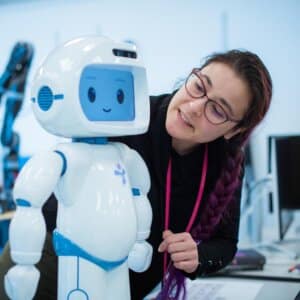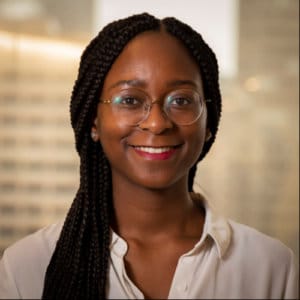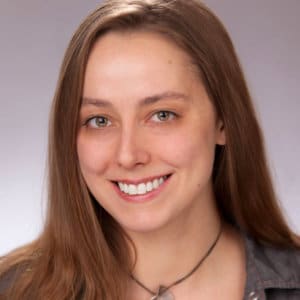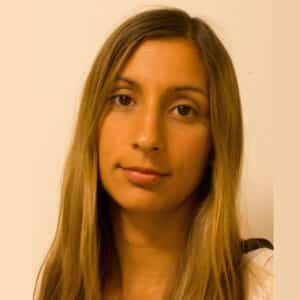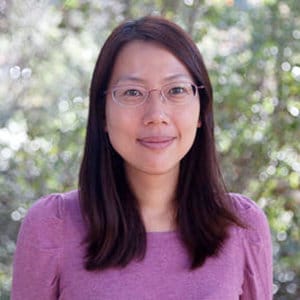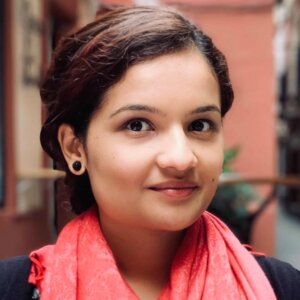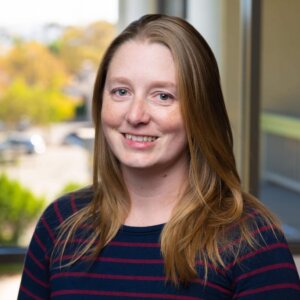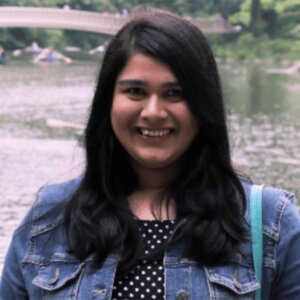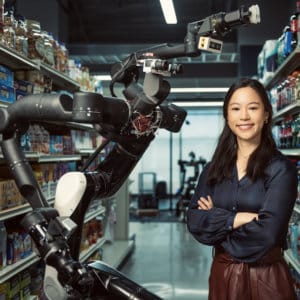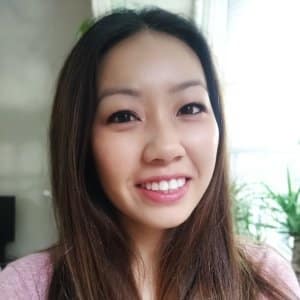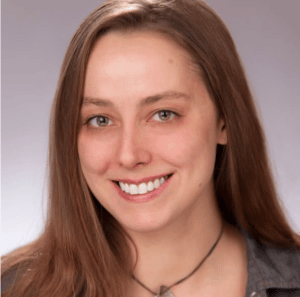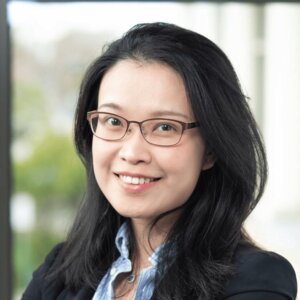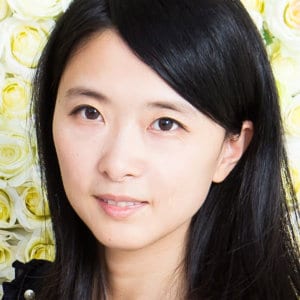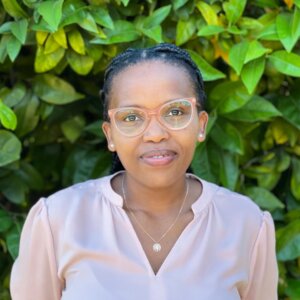AI, Machine Learning, and Robotics Virtual Camp
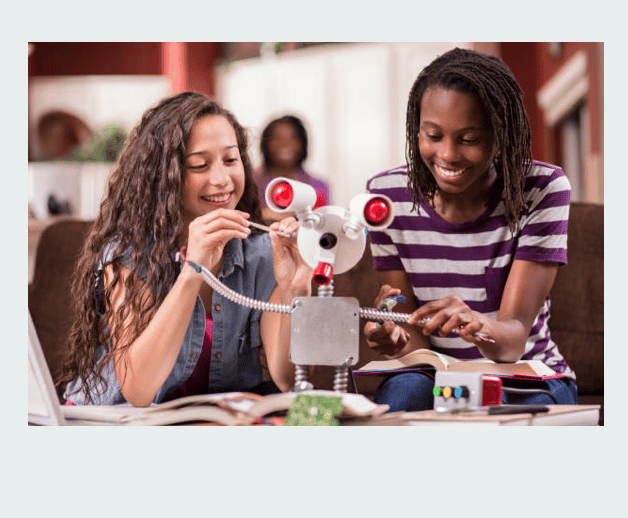
Welcome to the 2022 Career Girls AI, Machine Learning, and Robotics Virtual Camp, presented in partnership with the Toyota Research Institute. From August 2 – 5, Career Girls welcomed campers to the AI, Machine Learning, and Robotics Virtual Camp, presented in partnership with the Toyota Research Institute (TRI). Thanks to the generous support from the TRI, campers received their own robot and were eligible to win one of four scholarships at the end of camp. This camp focused on how people and robots interact with each other, how robots sense the world, and explored soft robots at home. Over the course of four days, campers participated in incredible presentations from women working on the cutting edge of robotics and got a sneak peek of the exciting work that the women will present to the world soon. In the daily breakout groups, campers talked with the women of TRI and learned about their path to success in the traditionally male-dominated world of AI, Machine Learning, and Robotics.
Thank you to the Toyota Research Institute for your support and for providing the campers with their own robot for camp! For more information about the incredible work the women of the Toyota Research Institute do, please visit, www.tri.global.
Watch this short video to enjoy camp highlights.
Dr. Katherine (Kate) Tsui
Dr. Katherine (Kate) Tsui manages the Human-Robot Interaction Research group at Toyota Research Institute in the Robotics UX and Industrial Design (RUX-ID) department. Dr. Tsui has 15 years of experience in Human-Robot Interaction (HRI) research and leads the HRI team and university collaborations. Our HRI research focuses on people’s trust towards home robot helpers, and using robotic technology to help older adults with social isolation and loneliness.
Dr. Tsui holds a PhD in computer science from the University of Massachusetts Lowell (2014) and was a postdoctoral associate at Yale University (2014-2016). Dr. Tsui has developed robotic systems and user interfaces and interactions for people with cognitive and motor impairments as the target end-user, including a vision-based wheelchair-mounted robotic arm, social telepresence robots named Hugo and Margo, and a socially assistive robot named Maki.
Over the last decade, she has worked with clinicians and end users from several special populations, including children with Autism Spectrum Disorder, teenagers and young adults with Cerebral Palsy, adults and seniors with Brain Injury, and deaf infants. Her human-robot interaction and human-computer interaction research interests stem from the cross section of computer science, robotics, and assistive technology. She is passionate about increasing the quality of life for all people using robotic devices.
Bisi Chikwendu
Bisi Chikwendu is a first-generation Nigerian American from Boston, MA. She completed her undergraduate degree in Health Sciences and graduate degree in Public Health, both from Northeastern University. She currently works at Toyota Research Institute as a Robotics UX Researcher, studying the ways humans interact with robots to improve quality of life for older adults and the human experience overall.
Allison Henry
Allison Henry joined Toyota Research Institute in early 2016, which brings her to a little over a decade working in robotics. Before TRI, Allison worked as a Field Engineer at Jaybridge Robotics, developing autonomy systems for farming and mining vehicles. Prior to robotics, Allison designed, assembled and tested circuit boards for a small RF engineering company for seven years, studied Philosophy and Studio Art, taught preschool, dabbled in circus arts, and started an after school gardening program. Allison now proudly holds the title of Senior Robotics Operations Engineer on the Prototyping Research Operations team at TRI, and lives in a 330 year old farmhouse with her spouse, dog, three cats and six ducks.
Ana Ferreira
Ana is a Staff Engineer and Manager at Woven Planet, working on Deep Learned approaches to Motion Planning for Autonomous Driving. Ana joined Woven Planet as part of the Lyft Level 5 acquisition. Previously, she worked at Apple in the Autonomous Systems’ Special Projects Group. She received her Ph.D. at U.C. Berkeley in Electrical Engineering and Computer Sciences with a focus on Control, Intelligent Systems and Robotics. She has also worked with the University of Porto on underwater robotics with the LSTS Lab and soccer robots with the 5DPO RoboCup team.
Yan-Ying Chen
Yan-Ying’s experience lies at the intersection of computer vision, natural language processing and applied machine learning. She developed models to analyze unstructured content of multimodal data types (images, videos, tweets, documents, etc.) as well as context. She worked on image and video to text generation, time-series location and activity analysis, visual and text sentiment analysis and recently focuses on free-text report generation for medical images using deep learning technologies.
She was fortunate to work with talented researchers in academia and industry, published over 30 papers (AAAI, ACL, BMVC, ICRA, WWW, etc.) and patents, and developed POCs and products
Richa Sahasrabudhe
Richa Sahasrabudhe is a Senior Software Engineer working at Woven Planet North America on their autonomous vehicle platform. In the past, she has worked on various electronic devices like cellular phones, gaming controllers, WiFi routers etc. She received her bachelors degree in electronics engineering from VESIT, Mumbai, India in 2010 and a masters degree in Electrical Engineering from UCLA in 2012. She loves to pencil sketch and travel in her spare time.
Carrie Bobier-Tiu
Dr. Carrie Bobier-Tiu designs automatic control applications geared toward vehicle and driver safety in emergent situations. Her expertise lies in holistic control solutions, envelope control, and vehicle phase portrait analysis. She manages the Control team of Woven Planet’s autonomy division, and is a lead engineer for its Guardian applications. Carrie received her Ph.D. in Mechanical Engineering from Stanford University in 2012, with a focus on vehicle dynamics and control. Prior to her position at Woven Planet, she spent 5 years at Toyota Research Institute, designed high performance server-class HDD controllers at HGST, and researched tactical control for extreme autonomous driving maneuvers at Renault.
Ana Ferreira
Ana is a Staff Engineer and Manager at Woven Planet, working on Deep Learned approaches to Motion Planning for Autonomous Driving. Ana joined Woven Planet as part of the Lyft Level 5 acquisition. Previously, she worked at Apple in the Autonomous Systems’ Special Projects Group. She received her Ph.D. at U.C. Berkeley in Electrical Engineering and Computer Sciences with a focus on Control, Intelligent Systems and Robotics. She has also worked with the University of Porto on underwater robotics with the LSTS Lab and soccer robots with the 5DPO RoboCup team.
Amruta Kulkarni
Amruta is a Software Engineer at Woven Planet, working in the Autonomous Driving team. She builds models to understand and predict the behavior of traffic agents around the autonomous vehicle, which in turn helps in planning the path for the autonomous vehicle. She likes theater and enjoys writing, directing and performing in plays in her spare time. She has a Masters degree in Computer Engineering from Virginia Tech.
Carolyn Matl
Carolyn Matl is a research scientist at the Toyota Research Institute, where she works on robotic perception and manipulation with the Mobile Manipulation Team. She received her B.S.E in Electrical Engineering from Princeton University in 2016, and her Ph.D. in Electrical Engineering and Computer Sciences at the University of California, Berkeley in 2021. At Berkeley, she was awarded the NSF Graduate Research Fellowship and was advised by Ruzena Bajcsy. Her dissertation work focused on developing and leveraging non-traditional sensors for robotic manipulation of complicated objects and substances like liquids and doughs.
Jessica Yin
Jessica is a PhD student in Mechanical Engineering and Applied Mechanics at the University of Pennsylvania. She graduated with her B.S. in Mechanical Engineering from Carnegie Mellon University in 2020, where she began her research career in soft robotics. She’s currently a research intern exploring multimodal soft sensors with the tactile sensing team at the Toyota Research Institute. Jessica grew up in the San Francisco Bay Area and enjoys hiking, backpacking, cycling, and hanging out with her cat in her free time.
Carolyn Matl
Carolyn Matl is a research scientist at the Toyota Research Institute, where she works on robotic perception and manipulation with the Mobile Manipulation Team. She received her B.S.E in Electrical Engineering from Princeton University in 2016, and her Ph.D. in Electrical Engineering and Computer Sciences at the University of California, Berkeley in 2021. At Berkeley, she was awarded the NSF Graduate Research Fellowship and was advised by Ruzena Bajcsy. Her dissertation work focused on developing and leveraging non-traditional sensors for robotic manipulation of complicated objects and substances like liquids and doughs.
Carrie Bobier-Tiu
Dr. Carrie Bobier-Tiu designs automatic control applications geared toward vehicle and driver safety in emergent situations. Her expertise lies in holistic control solutions, envelope control, and vehicle phase portrait analysis. She manages the Control team of Woven Planet’s autonomy division, and is a lead engineer for its Guardian applications. Carrie received her Ph.D. in Mechanical Engineering from Stanford University in 2012, with a focus on vehicle dynamics and control. Prior to her position at Woven Planet, she spent 5 years at Toyota Research Institute, designed high performance server-class HDD controllers at HGST, and researched tactical control for extreme autonomous driving maneuvers at Renault.
Allison Henry
Allison Henry has worked in robotics for over a decade. Prior to working in robotics, Allison designed, assembled and tested circuit boards for a small RF engineering company for seven years, studied Philosophy and Studio Art, taught preschool, dabbled in circus arts, and started an after school gardening program. Allison now proudly holds the title of Senior Robotics Operations Engineer on the Prototyping Research Operations team at TRI, and lives in a 330 year old farmhouse with her spouse, dog, three cats and six ducks.
Jie Li
Jie Li leads the Generalizable Representation Learning (GRL) team at the Toyota Research Institute (TRI) in Los Altos, CA, USA. Jie’s research focuses on representation learning for online robot perception in a dynamic environment, to improve model robustness, generalizability, and label efficiency. She received her Ph.D. from the University of Michigan, Ann Arbor, in 2017, where she started developing ML algorithms for perception and localization in mobile robotic systems (cf. Google Scholar).
Yiting Liu
Yiting Liu is a Senior Manager at the Woven Planet, a subsidiary of Toyota, working on vehicle services platforms. She works on developing softwares in the vehicles to ensure vehicle safety between potentially hazardous actions commanded by the automatic driving (AD) system and vehicle control. She has a PhD from The Ohio State University in Control and Signal Processing. Through her career, she has been working on different areas from system-on-a-chip (SOC) bring up to networking at various companies such as Cisco. She has also served as associate editors/reviewers for several IEEE Intelligent Transportation Systems Conferences.
Carrie Bobier-Tiu
Dr. Carrie Bobier-Tiu designs automatic control applications geared toward vehicle and driver safety in emergent situations. Her expertise lies in holistic control solutions, envelope control, and vehicle phase portrait analysis. She manages the Control team of Woven Planet’s autonomy division, and is a lead engineer for its Guardian applications. Carrie received her Ph.D. in Mechanical Engineering from Stanford University in 2012, with a focus on vehicle dynamics and control. Prior to her position at Woven Planet, she spent 5 years at Toyota Research Institute, designed high performance server-class HDD controllers at HGST, and researched tactical control for extreme autonomous driving maneuvers at Renault.
Jessica Yin
Jessica is a PhD student in Mechanical Engineering and Applied Mechanics at the University of Pennsylvania. She graduated with her B.S. in Mechanical Engineering from Carnegie Mellon University in 2020, where she began her research career in soft robotics. She’s currently a research intern exploring multimodal soft sensors with the tactile sensing team at the Toyota Research Institute. Jessica grew up in the San Francisco Bay Area and enjoys hiking, backpacking, cycling, and hanging out with her cat in her free time.
Dr. Everlyne Kimani
Dr. Everlyne Kimani is a Research Scientist in the Machine Assisted Cognition (MAC) team at Toyota Research Institute (TRI). Her research background is in Human-Computer Interaction and Affective Computing. She researches how to design automated tools and computational frameworks to support human decision-making.
Prior to joining TRI, she completed her Ph.D. in Computer Science from Northeastern University. Where she researched how to design automated systems for alleviating anxiety and promoting behavior change.
Amruta Kulkarni
Amruta is a Software Engineer at Woven Planet, working in the Autonomous Driving team. She builds models to understand and predict the behavior of traffic agents around the autonomous vehicle, which in turn helps in planning the path for the autonomous vehicle. She likes theater and enjoys writing, directing and performing in plays in her spare time. She has a Masters degree in Computer Engineering from Virginia Tech.
